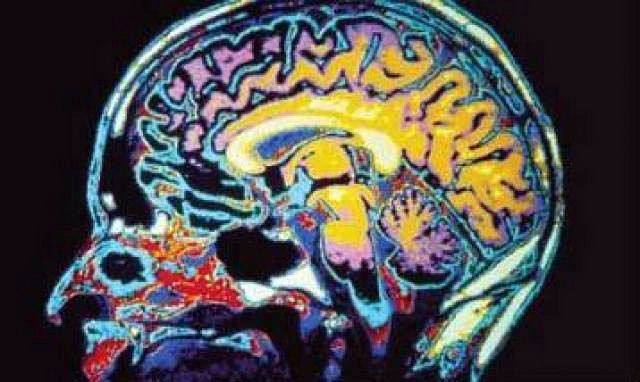Traumatic Brain Injuries Linked To Increased Likelihood Of Stroke

Each year, 1.7 million people suffer a traumatic brain injury. The Centers for Disease Control and Prevention reports that these injuries contribute to 30 percent of all injury related deaths in the United States, though the majority of people suffer mild side effects such as a concussion. With an injury to one's brain, the likelihood of developing debilitating brain ailments increases.
A new study of 436,630 traumatic brain injury patients over five years indicates that the injuries are associated with stroke. They found a greater association of stroke in people under the age of 50 who had suffered a traumatic brain injury. This indicates that the injury truly makes a difference in increasing the likelihood of a person suffering a stroke, as people under 50 are not often at risk. Only 20 percent of strokes occur in people under the age of 65.
According to the National Stroke Association, strokes are the third leading cause of death among Americans. A stroke occurs when blood flow to any part of the brain ceases. When blood flow stops, that part of the brain, large or small, will lack oxygen, causing brain cells to die and permanent damage to occur. There are two main types of strokes, according to the United States National Library of Medicine — ischemic and hemorrhagic. Ischemic strokes occur when blood flow is blocked in the brain. Hemorrhagic strokes occur when blood vessels in the brain burst open, causing blood to leak all over the brain instead of flow through it.
The traumatic brain injury patients were studied for 28 months after their injuries. One percent, or 11,229 individuals with traumatic brain injuries, suffered a stroke within that period. While one percent may not seem like such a dire number, the actual number of people who had a stroke after a traumatic brain injury cannot be ignored.
What's more, ischemic strokes in particular are more likely to occur in traumatic brain injury patients. And, patients' risks for stroke increase given the years since their injury — at four years post injury, a traumatic brain injury patient is far more likely to have a stroke than a person without a brain injury. Researchers found that those with a traumatic brain injury were 30 percent more likely to suffer a stroke when compared to those without a traumatic brain injury.
Little is known about the avoidance of potential health risks after traumatic brain injuries.
Study author James F. Burke, M.D., M.S., said "While the stroke risk of one person with TBI is small, the overall link between TBI and stroke was substantial- as large as the link between the strongest stroke risk factor, high blood pressure, and stroke."
"If further research establishes TBI as a new risk factor for stroke that would stimulate research to help us understand what causes stroke after TBI and help us learn how to prevent these strokes."
Source: Burke JF, Stulc JL, Skolarus LE, Sears ED, Zahuranec DB, Morgenstern LB. Traumatic brain injury may be an independent risk factor for stroke. Neurology. 2013.



























